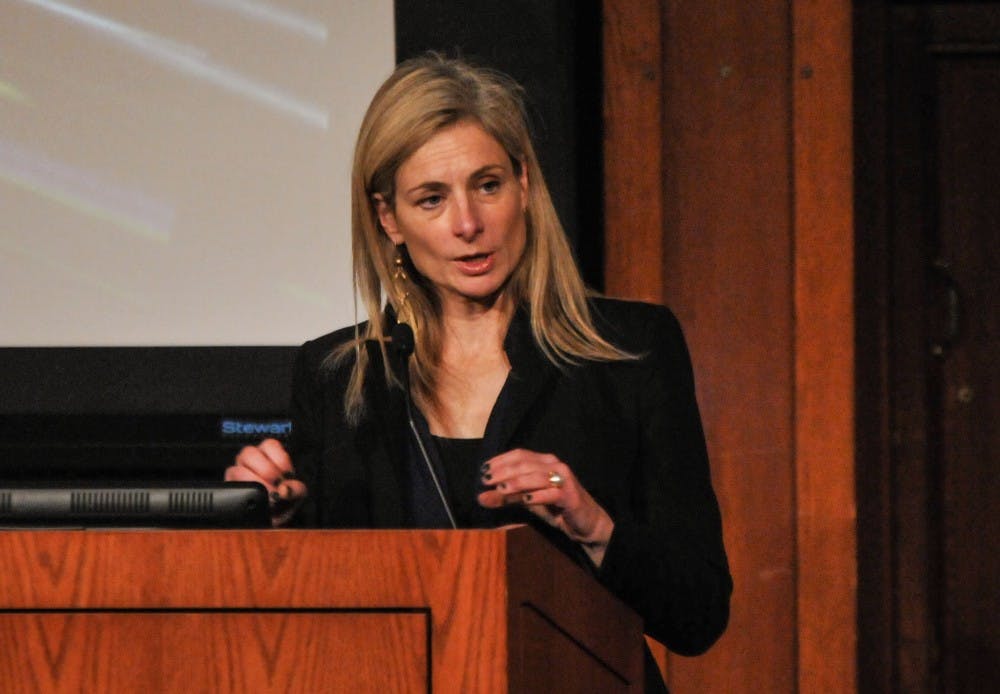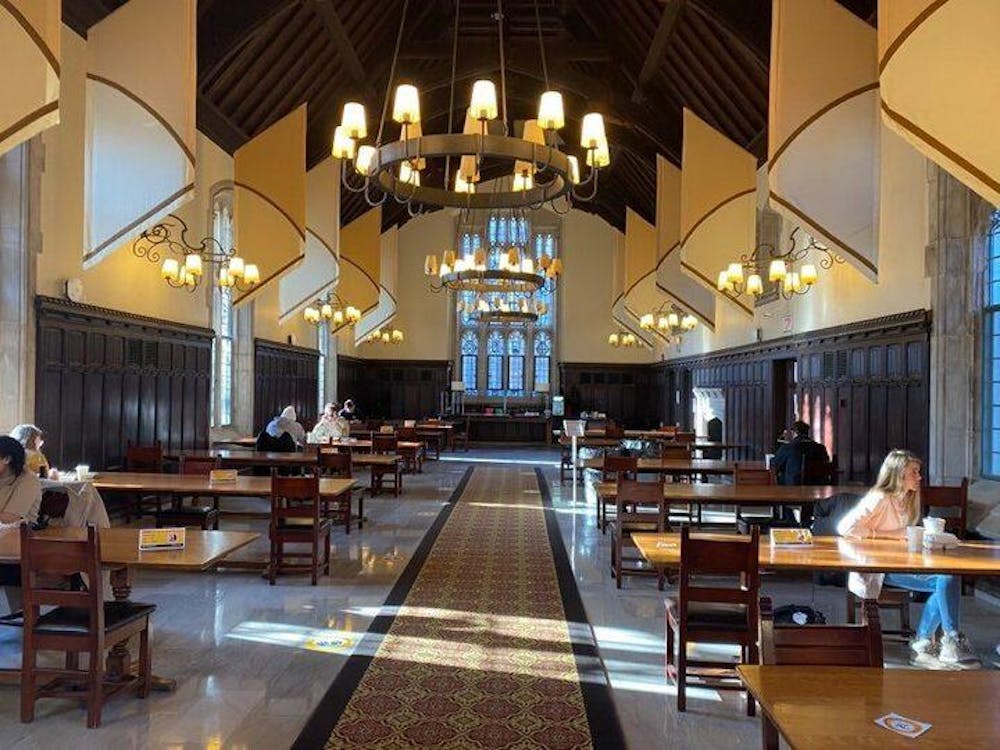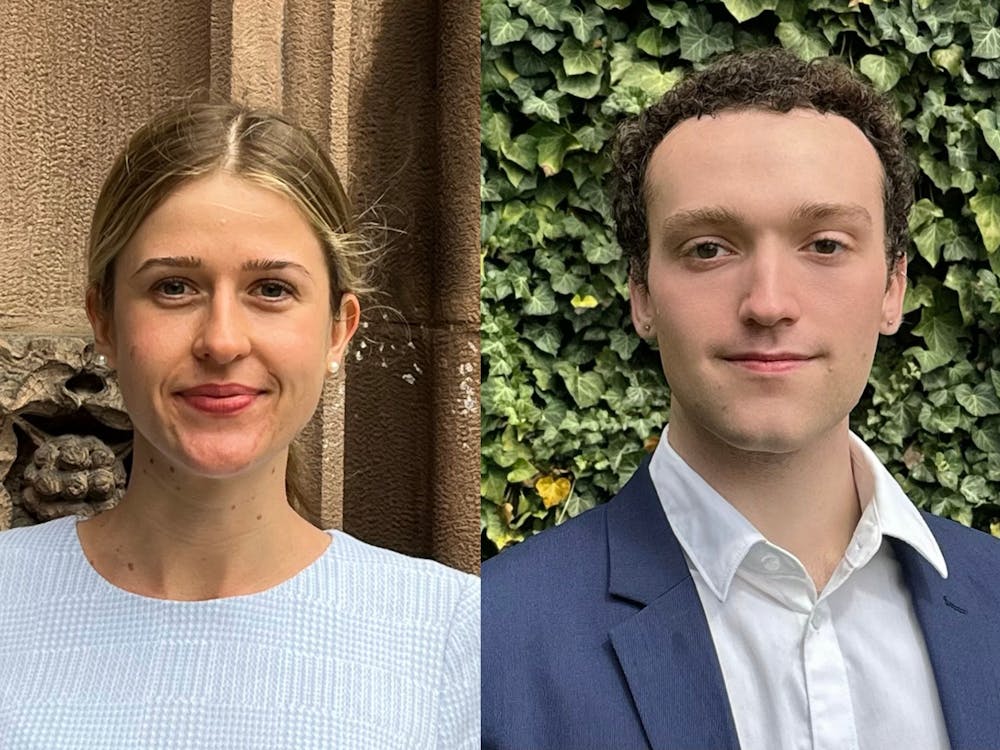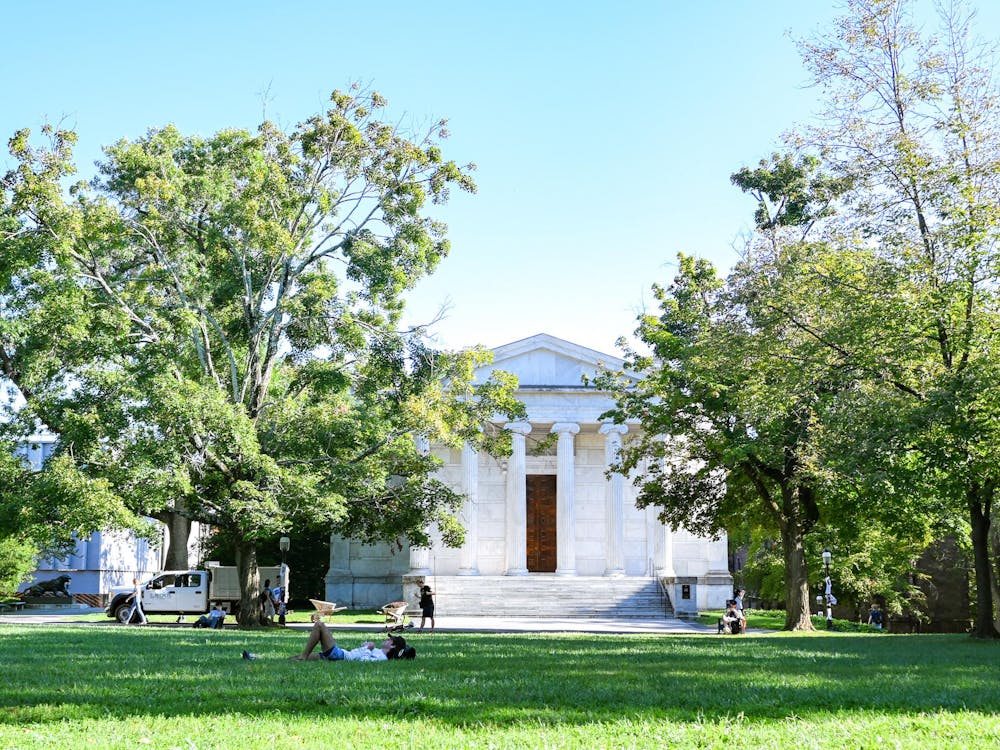The recent discovery of the Higgs boson, a previously only-theorized particle whose existence would validate the currently accepted model of why things have mass, has had enormous implications for physicists’ understanding of how particles acquire mass, Harvard physics professor Lisa Randall explained in a public lecture on Monday evening.
In March, researchers at the European Organization for Nuclear Research, known as CERN, identified a particle bearing the attributes of the proposed Higgs boson.Theoretical physicistsPeter Higgs and Francois Englert received the Nobel Prize in physics last month for their 1964 proposals of the particle.
Randall explained that the discovery will pave the way for new research in particle physics.
“It really was a spectacular discovery that gives us insight into the Standard Model of physics,” Randall said of the discovery.
Randall began her lecture by showing the hall several pictures of the Eiffel Tower at different resolutions, providing an analogy about the importance of scaling in scientific inquiry as well as the need to examine phenomena at both a large and small scale.
Randall emphasized the importance of small scaling in scientific examination and how crucial it was to the research being conducted at CERN’s Large Hadron Collider, which led to the discovery of the Higgs boson particle.
When Higgs boson particles were discovered, scientists didn’t see the Higgs particles themselves, but rather the particles they decayed into, Randall explained. From there, scientists worked backward to prove the existence of the Higgs boson particle.
One of the biggest implications of this discovery, Randall asserted, was that it has helped scientists understand how elementary particles acquire their mass. But, she explains, there’s still plenty to learn.
“None of us believe that the Higgs boson is the final word,” Randall said.
Going forward, Randall hopes the Large Hadron Collider will help physicists discover new symmetries that will unveil the existence of even more particles and even the existence of a fourth dimension, which would clarify why some particles are lighter or heavier than scientists would expect.
“So, that’s where we are now,” Randall explained. “We’ve discovered the Higgs boson, we’re waiting for the Large Hadron Collider to turn on, and there are a lot of exciting ideas to explore.”

Another topic Randall discussed in detail was dark matter, which is matter that doesn’t interact with light, she said. Despite the fact that dark matter comprises 21 percent of the energy in the universe while normal matter comprises just 4 percent, scientists still don’t fully understand what dark matter is. It could potentially be composed of multiple particles or may be denser than physicists currently believe it to be, Randall explained.
The lecture took place in McCosh 50 and was hosted by Princeton Public Lectures.









